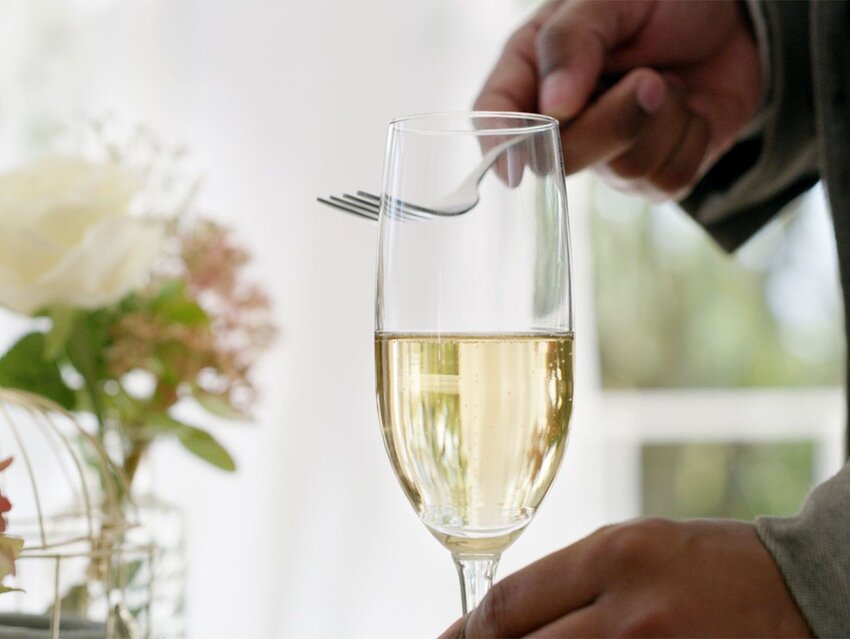With warmer weather just around the corner, many may be itching for a quick getaway. When visiting a new country, it’s always wise to know a few words in the host country’s language, like “please” and “thank you.” Depending on where your travels take you, you may also have the chance to sip a glass of wine or beer with the locals. If you find yourself hanging out in the arvo (that’s afternoon for non-Aussies) over beers, you’ll want a toast handy. Raise a glass and learn how to say cheers in these different languages.
French: À votre santé!
This celebratory toast translates to “To your health!” Unlike in English, French has formal and informal verb conjugations. À votre santé is the formal version, best used with new travel buddies or a host family. If you travel with closer companions, you can opt for the more informal version, À ta santé!
Spanish: ¡Salud!
Ah, Spain — home to Rioja, tapas, and plenty of opportunities to relax with a glass of wine. Similar to the French toast, this Spanish “cheers” wishes good health to everyone. A longer toast is commonly used in Spain and other Spanish-speaking countries: “Pa’ arriba, pa’ abajo, pa’ centro, pa’ dentro.” Knowing directions in Spanish will make it easier to follow along with this toast: Arriba means “up,” abajo is “under,” centro is “center,” and dentro is “inside.” There’s not really a direct translation in English, but if your travel buddies raise their glass for this toast, you’ll want to mimic their movements. In general, it means “put your glass up, put your glass down, glasses to the center, now drink!”
Make sure you have a glass of wine or beer handy for the toast: Superstition has it that toasting with water will lead to seven years of bad luck in the bedroom.
Scottish Gaelic: Slàinte!
Scotland has a one-of-a-kind drinking culture. If travelers find themselves in a houff (a pub), a pint of beer and an enthusiastic toast can’t be too far off. The Scots speak Scottish Gaelic, so slàinte (“Health!”) is the proper toast to make. Just know it’s customary to buy a round for everyone in the group. Once the glasses are empty, the next toast-er will return the favor.
Italian: Cin Cin!
While Italians have many ways to toast a glass of local wine, cin cin is one of the most common — but the phrase comes from China. In 1677, diplomat to Austria Lorenzo Magalotti wrote Relazione Della China, in which he recounted details of Chinese custom from a recently returned Jesuit missionary. (Yes, Magalotti wrote about China and Chinese customs without having traveled there.)
According to Magalotti, the priest describes hearing the phrase qingqing, or “please please,” before meals. Readers, who had also never traveled to China, devoured Magalotti’s work. The phrase took root, changing slightly to the cin cinof today.
Mandarin: Ganbei
The toast travelers will hear when nursing glasses of baiju (a type of spirit) or beer in China is ganbei or “dry cup.” Custom dictates that to down your drink in one gulp to show appreciation. Other tips to know before drinking in China: To show extra respect, hold your left hand under your glass and make sure to keep your glass lower than the most senior person’s.
Featured image credit: AlexanderFord/ iStock

